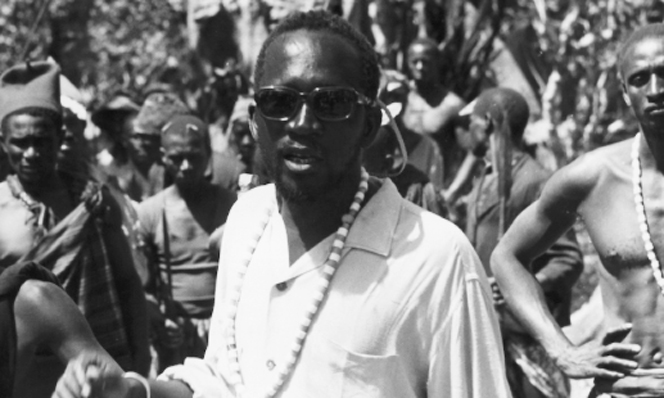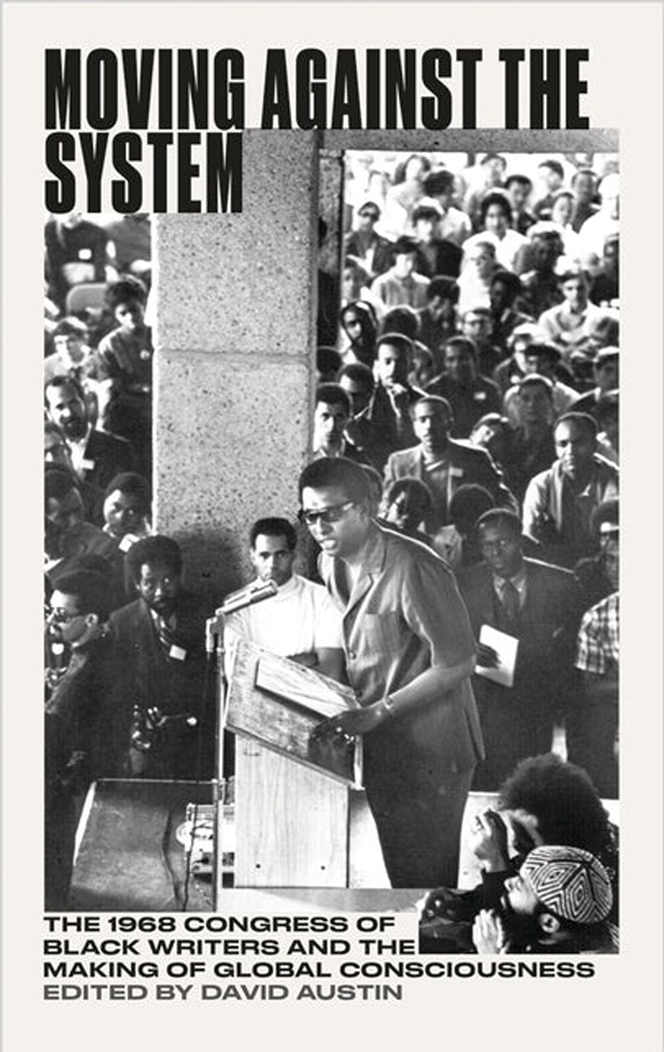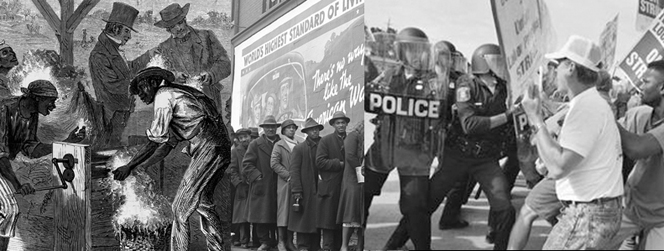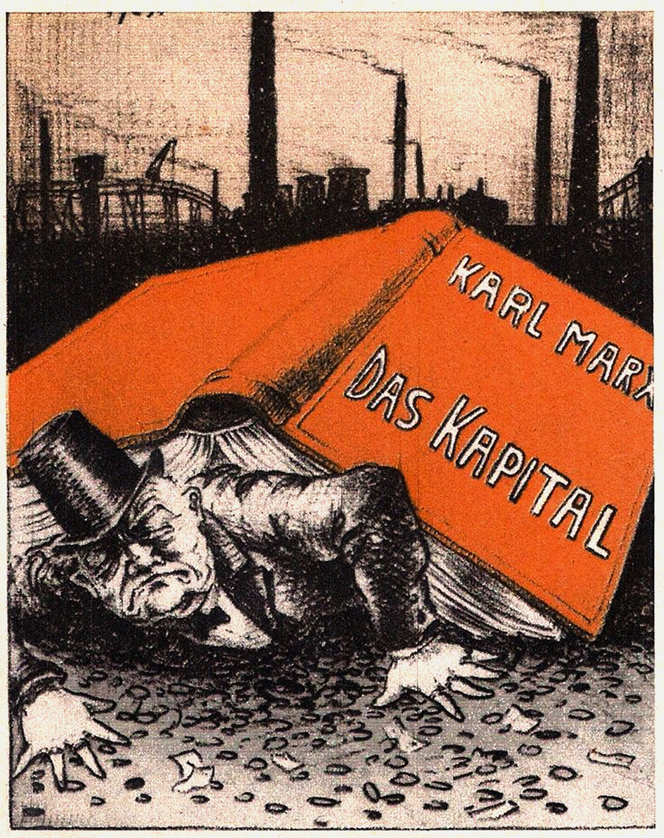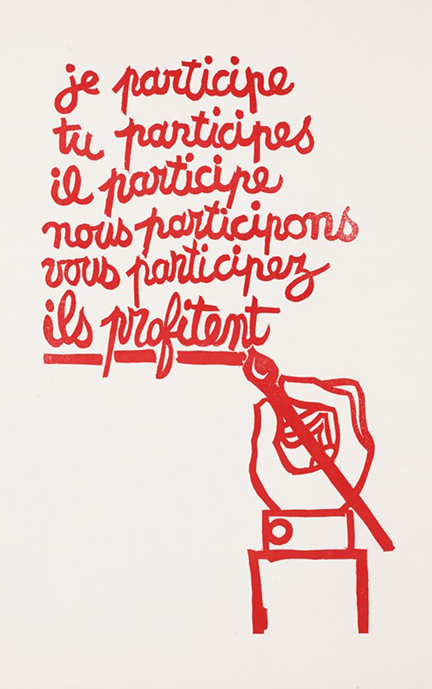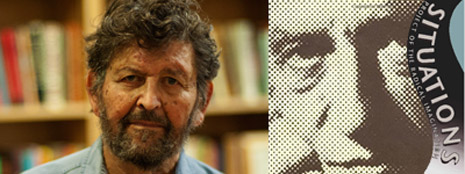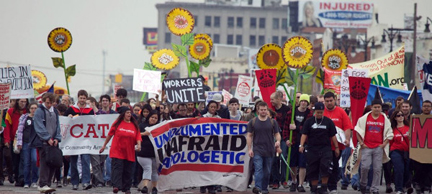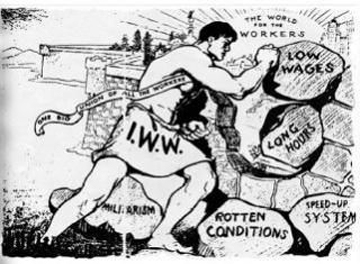Final Friday Film: Camp de Thiaroye
In Camp de Thiaroye the tirailleurs use the traditional, highly rhetorical, almost theatrical, mode of debate of their various societies, but adapt this ritual form to the only language they have in common: the pidgin which the French insultingly call “petit nègre”, a language which is both a result and a tool of colonial exploitation. Here it is revealed as having a potential for eloquence, allowing it to become a moving medium for the articulation of feelings, needs, grievances and resistance, and thus ultimately for the development of the tirailleurs‘ collective political awareness and consciousness of themselves as Africans.

